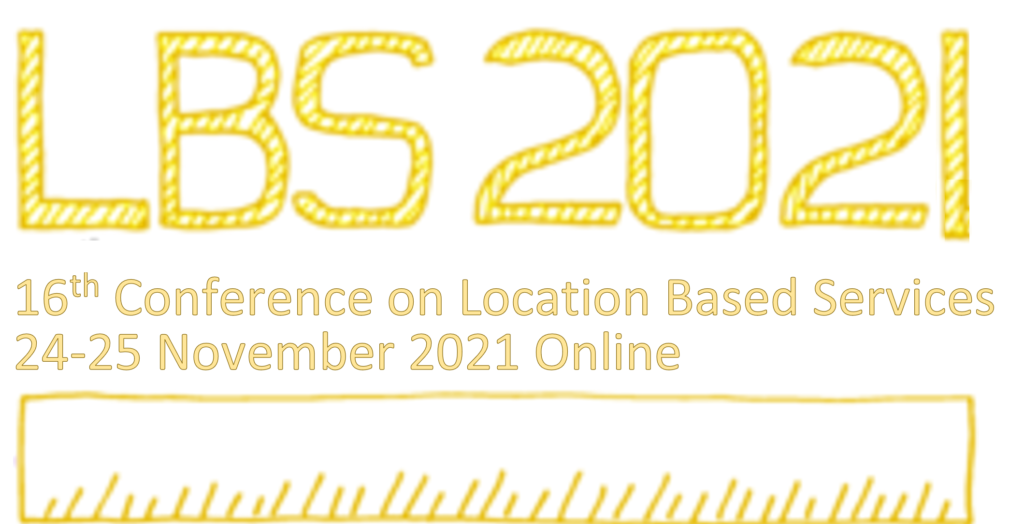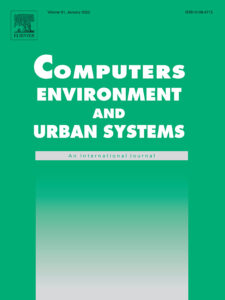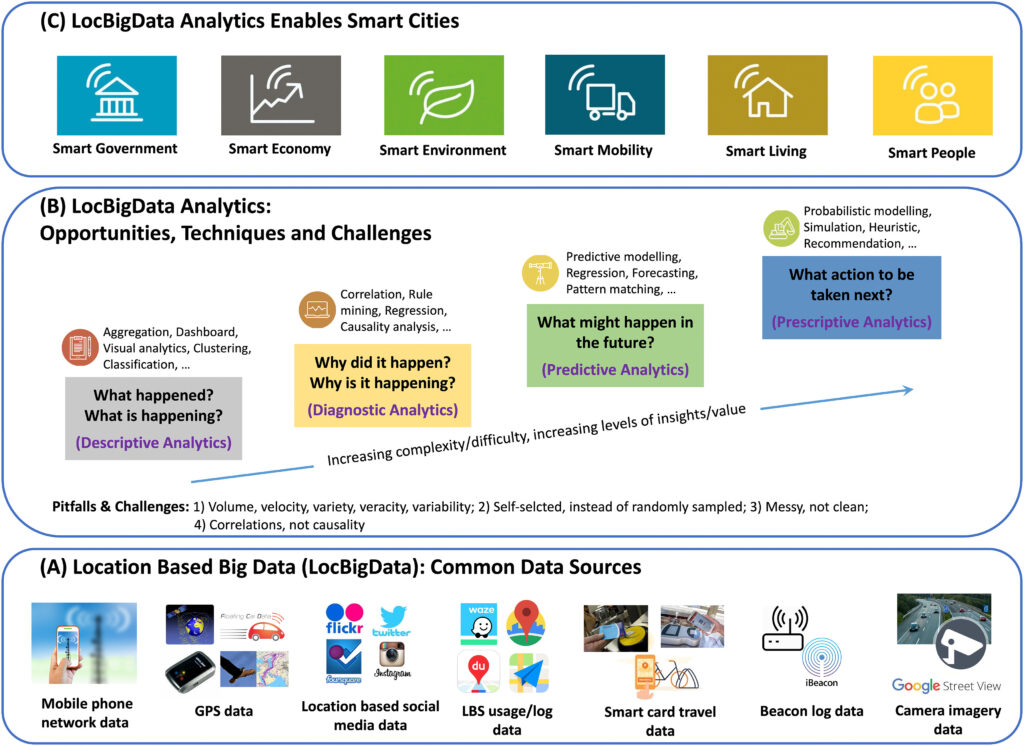The ICA Commission on Location Based Services and Commission on Geospatial Analysis and Modeling are pleased to invite you to the International Symposium on Geospatial Approaches to Combating Covid-19, which will take place hybird online and in Florence, Italy on 13—14 December 2021.
There is an inherent spatial dimension in the spread of infectious diseases. A large body of studies and practices have evidenced the importance of spatial thinking and the effectiveness of geospatial technologies in understanding Covid-19. It is critical to share research findings quickly so as to maximize the use of them in the world’s collective efforts. This symposium calls for submissions of Covid-19 research from the geospatial perspective.
Thie symposium features 34 oral presentations, organized into 7 sessions.
For more details of the symposium, please refer to https://gam.icaci.org/symposium2021/
Hope to see many of you at the symposium.




